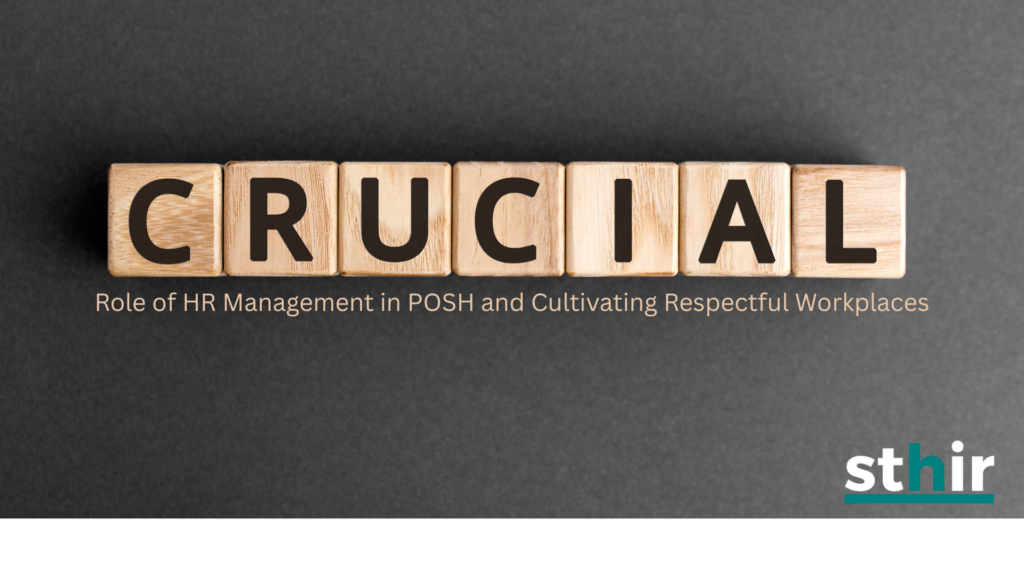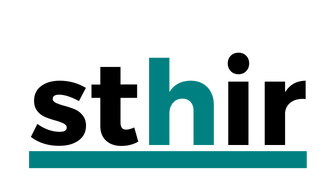The Crucial Roles of HR and Management in POSH and Cultivating Respectful Workplaces

With current dynamic & diverse landscapes, fostering safe and respectful environments is no longer just a feel-good option, it’s a fundamental necessity. One of the fundamental pillars in achieving goal is the effective implementation of Prevention of Sexual Harassment (PoSH) policies. The POSH Act 2013 underscores this crucial need, placing the onus on both Human Resources (HR) and Management to create workplaces where everyone feels valued and protected. But their roles, while intertwined, demand distinct approaches.
HR: ARCHITECTS OF PREVENTION :
Foundational Framework: HR sits at the core, crafting a robust POSH policy, that goes beyond legalities; it defines: (i) acceptable behavior (ii) outlines reporting mechanisms (iii) establishes a zero-tolerance stance against harassment (iv) regular employee awareness training complements the policy (v) empower employees to speak up.
Effective Complaint Mechanism: An accessible and confidential complaints procedure is vital. HR spearheads creating anonymous reporting channels, providing support to victims, and guiding them through the process. Their empathy and impartiality during investigations build trust and encourage victims to come forward.
Proactive Champions: HR actively promotes a culture of respect. Diversity and inclusion initiatives, sensitivity workshops, and ongoing communication create a workplace where harassment finds no breeding ground. By normalizing respectful interactions and celebrating differences, HR sows the seeds of a safer future.
MANAGEMENT: LEADING BY EXAMPLE
Tone From the Top: Leadership sets the tone. Visible commitment from senior management, starting with signing the POSH policy and actively participating in training, sends a powerful message. Their consistent reinforcement of zero tolerance towards harassment sets the expected standard for everyone.
Empowering Bystanders: Managers hold immense sway over team dynamics. Equipping them to identify and address potential issues early on is crucial. Bystander intervention training empowers them to speak up, defuse situations, and offer support, thereby becoming active participants in preventing harassment.
Accountability and Transparency: Fair and transparent investigations are essential. Empowering and letting internal committee do their work, without undue interventions. Collaborating with HR, ensure complaints are addressed promptly and impartially. Taking appropriate action against perpetrators, regardless of their position, demonstrates the organization’s commitment to a safe environment.
BEYOND POSH:
The journey towards a truly respectful workplace doesn’t end with POSH compliance. Regular employee feedback, anonymous grievance mechanisms, and ongoing diversity initiatives are vital in continually strengthening this ethos.
By playing their distinct roles diligently, HR and Management can transform workplaces from mere spaces into flourishing places with respect and well-being. This shared commitment paves the way for a future where everyone can contribute their best without fear or hesitation.

